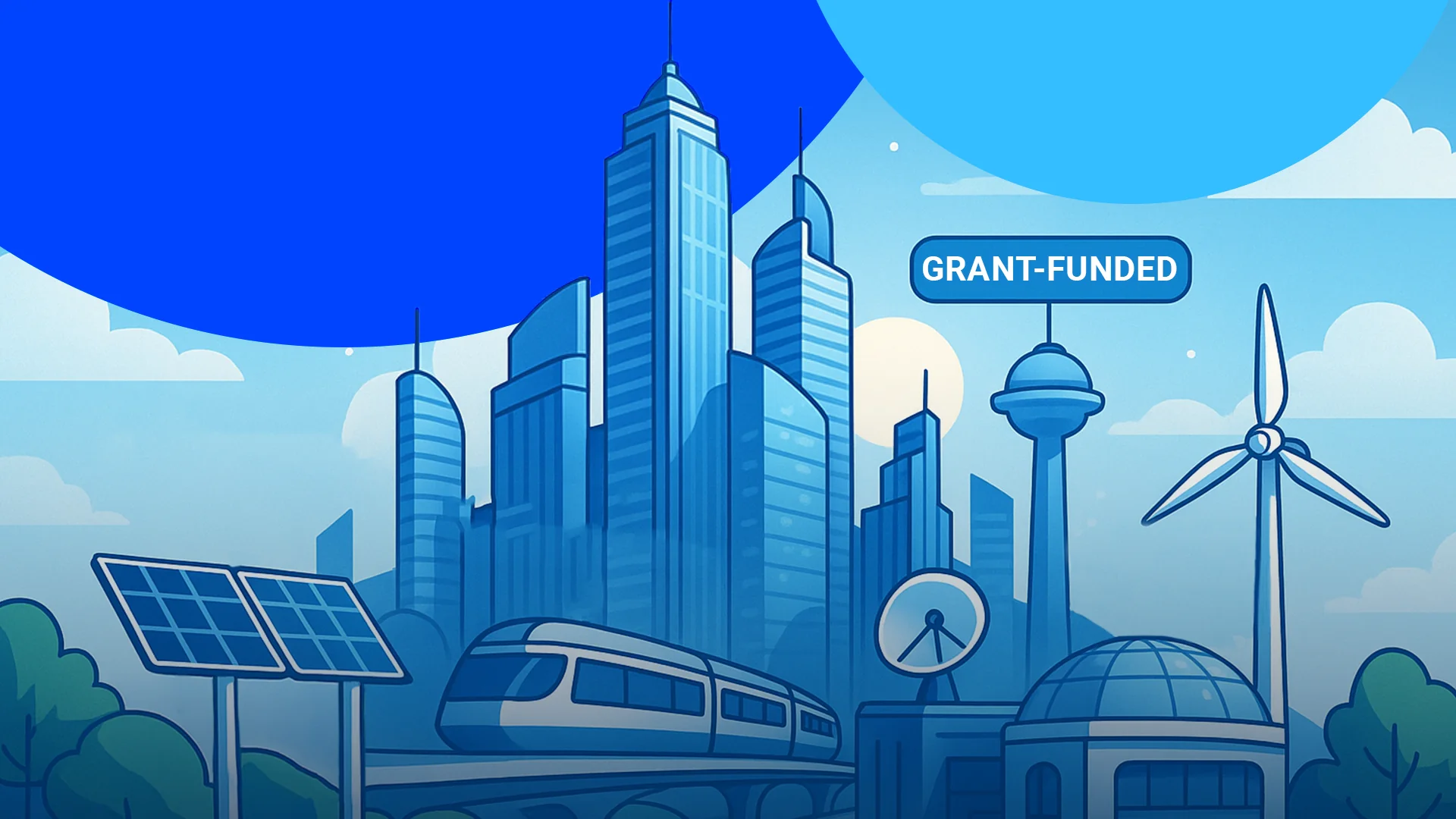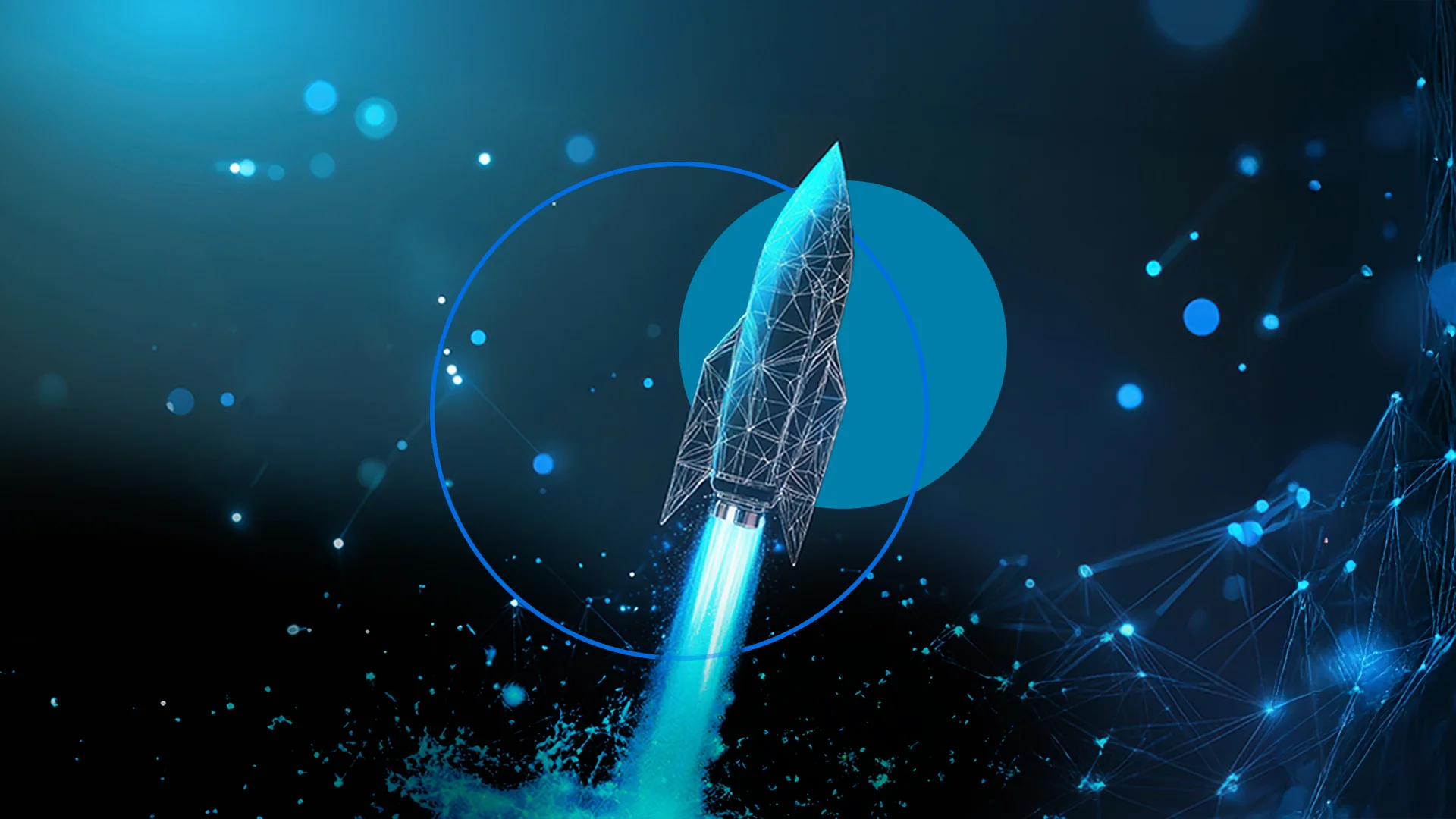The changing global environment directly impacts the defense sector’s ability to meet the mission of enforcing trade laws and securing borders while facilitating legitimate trade. Customs agencies face the challenge of countering criminal and terrorist exploitation of trade laws and cargo transportation systems at all ports of entry. Further driving complexity is the significant number of diverse stakeholders, including field operations and international trade, public trade communities, OGAs (Other Government Agencies), and foreign governments.
For most customs agencies, complex application landscapes – with a mix of legacy systems, digital, and SaaS (Software as a Service) – consume too large a share of IT resources and restrict their ability to drive growth. The private sector offers state-of-the-art application services with integrated automation systems and ELCM (Enterprise Life Cycle Methodology) that reimagines application landscapes with speed and agility – continuously innovating business value.
From the development of new applications through modernization, management, and maintenance, having end-to-end application services that cover all stages of the application lifecycle is imperative for meeting strategic goals, operations, and objectives of customs agencies.
Innovation led application lifecycle: End-to-end application services
- Agile transformation drives disruption by applying Lean principles to achieve substantial performance improvements, accelerating business change.
- Application management future-proofs application portfolios with innovation that pays for itself.
- Application modernization transforms legacy applications to become more agile and efficient through the power of world-class IT.
- DevSecOps streamlines IT by bringing business, development, and operations teams together and applying automated processes.
- Intelligent automation, like RPA (Robotic Process Automation), NLP (Natural Language Processing), and AI/ML (Artificial Intelligence / Machine Learning) help improve efficiency and productivity.
- Quality engineering achieves better experiences, faster responses, more significant insights, and lowers risks.
- Software engineering turns innovative ideas into business differentiators with personalized capabilities.
- Technology architecture plan to deliver a foundational design that maximizes scalability and performance.
Intelligent Platform Services: Partnership Creates Positive Impact
Customs agencies can benefit from the vast potential offered by new technologies within the application lifecycle. Recognizing that potential increasingly requires combining the power of leading intelligent platforms – Appian, Salesforce, AWS, Microsoft, and more – with intelligence, innovation, and industry capabilities empowers a modern enterprise and business models.
Optimizing the full potential of the world’s most powerful intelligent platforms allows customs agencies to push the boundaries of what technology can transform at speed. The private sector brings a unique set of skills to accelerate the path of value for the defense sector. This combination of skills brings more visionary outcomes into customs agencies that differentiate and create technological solutions that truly push the boundaries of what is possible.
Modernization Streamlines Tracking Systems, Reduces Correspondence, and Increases Decision-Making
Modernizing the enterprise can come with a number of firsts. From cloud-native solutions that help build cloud infrastructures to facilitating cloud migration by embracing complete DevSecOps automation and Agile methodologies. Through CI/CD (Continuous Integration / Continuous Delivery) pipelines, customs agencies can quickly test, deploy, and replace application coding before solution deployment with near-zero downtime.
A modernized enterprise helps customs agencies reduce legacy footprints and advance digital transformation initiatives by reducing correspondence amongst agency staff, improving tracking for imported goods – especially routine shipments, and increasing decision-making. Through intelligent platforms, customs agencies can auto-scale using real-time data processing to deliver high availability and capacity to handle peaks – transforming monolithic systems into resilient and integrated modernized systems.
Davi Hayes is the Business Director of DHS for REI Systems
Connect with Davi on LinkedIn



